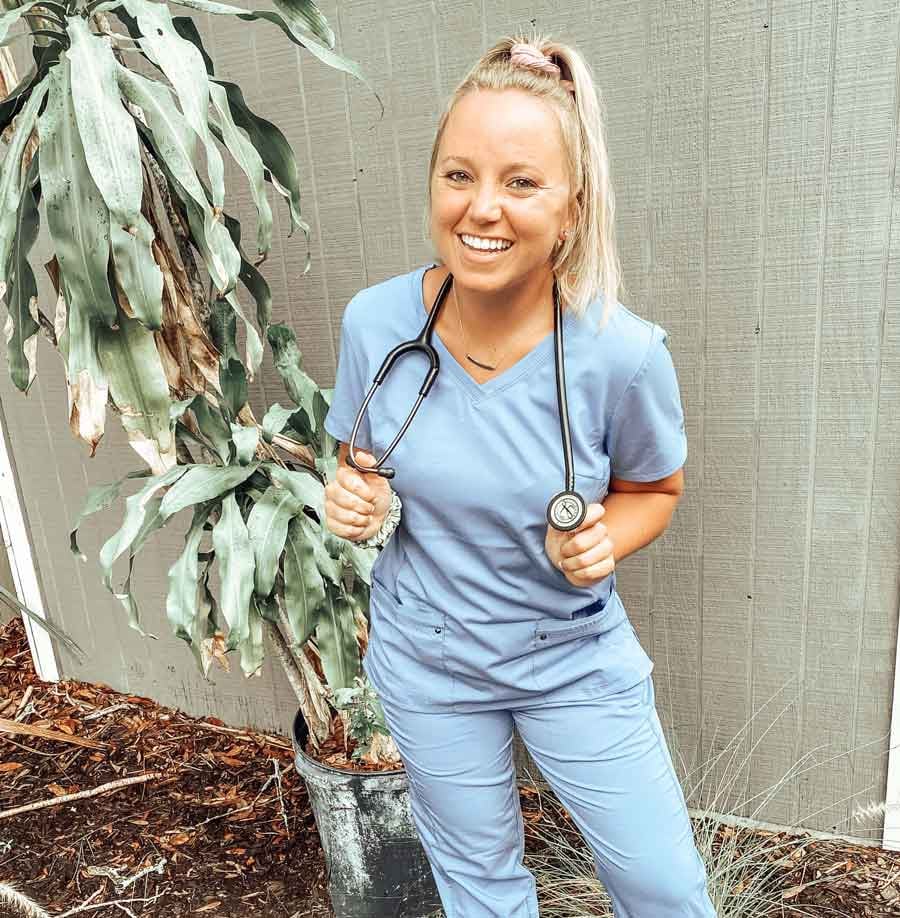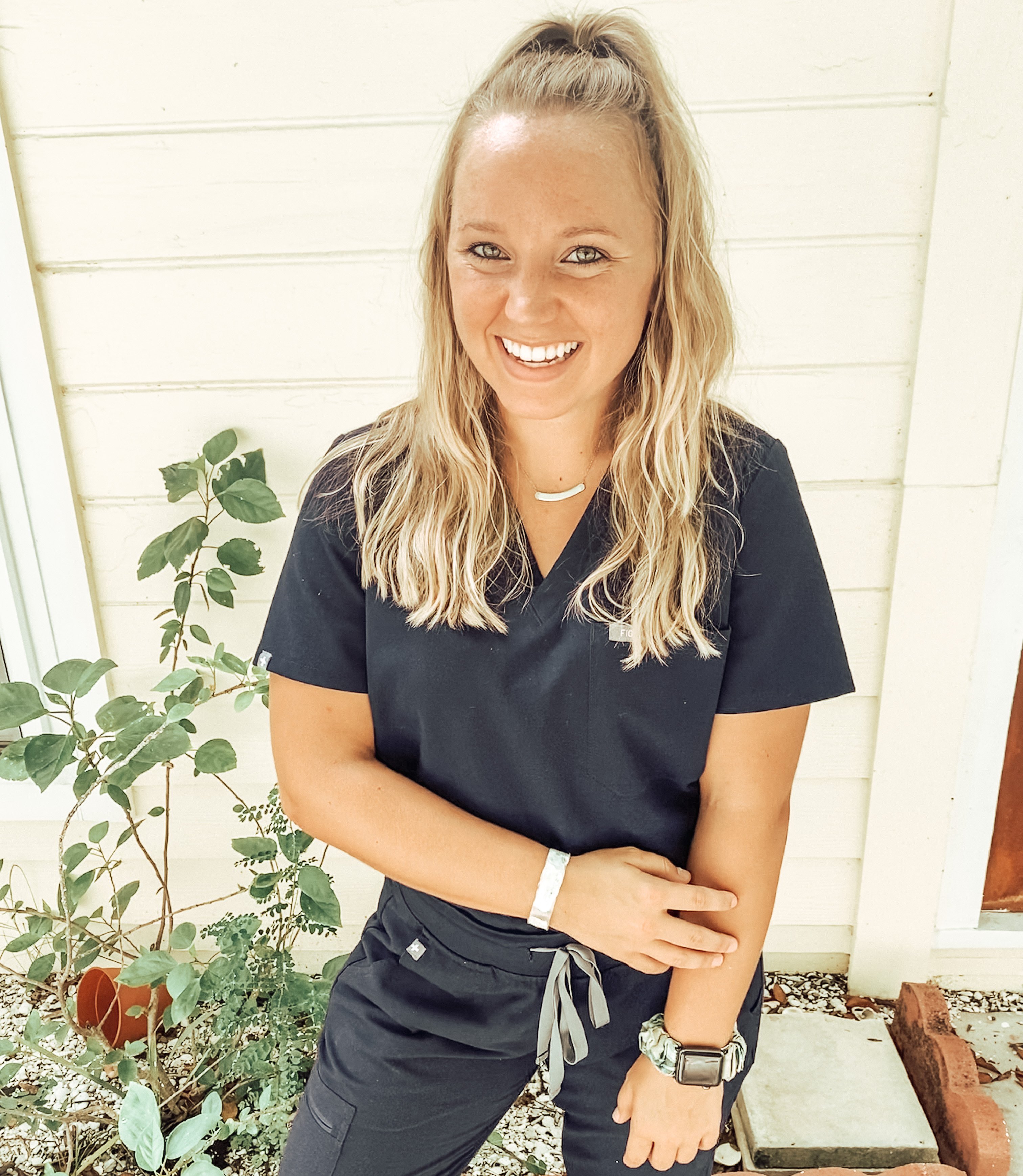It’s okay to change the workplace. What’s more, somewhere else, patients really need your care right now. So it’s time to create a cool travel nursing resume. Even if you seek professional help from the best essay writing services, you still need to prepare the right facts about your work experience and logically structure your travel nursing resume. The following tips will help travel nurses create a resume that will definitely grab a potential employer’s attention.
Write a Summary
Interesting fact! HR managers look through each resume for only six seconds. For this reason, you need to make your resume more attention-grabbing. Therefore, it is worth considering creating a summary.
A summary consists of two to four sentences where you tell about your current goal, experience, and achievements.
Summary Example:
Certified nurse with over seven years of experience in emergency care. An ethical and compassionate professional who can remain calm in emergencies with a Master’s degree in Surgical Nursing looking for a Senior Nurse position.
The presence of such an element as a summary is a must-do for everyone who has working experience since you really have a lot of important things to say.
Replace Ordinary Words with Specific Ones
If you analyze the various resumes of nurses, then the most used expressions are “responsible,” “worked,” “created.” These are quite logical phrases that immediately come to mind during the writing. But to stand out among the thousands of resumes, you can grab attention with other words.
When HR managers read the same thing in each of the resumes they receive, it looks like reading templates (because of the above expressions). But when they start skimming through the text where slightly different wordings are used, it will arouse interest to perceive your resume differently. Such a psychological trick may become your competitive edge.
Use the following phrases to stand out on your resume:
- Measured;
- Analyzed;
- Administered;
- Specialized;
- Treated.
If you have difficulties with choosing the right expressions for your resume, you can find a writer using the website’s ratings that will help you come up with a unique vocabulary.
Highlight the Hard Skills in Your Travel Nursing Resume
Most professionals overwhelm their resumes with “soft skills.” These are such skills as precision, observation, endurance, friendliness, or teamwork. Instead of such skills, focus on skills that will distinguish you as a specialist, as this is the prevailing factor that HR managers pay attention to. For example:
- Chemotherapy;
- Surgery;
- Urgent Care;
- Laboratory testing.
These are just examples of “hard skills” with which you can understand what is at stake. If you have been an assistant during surgery or chemotherapy, be sure to list your skills in these areas. Surely, you should mention some of your soft skills as well. However, your professional skills still matter most to make the right impression and convince the HR manager you are suitable for a specific position.
Add “Non-Typical” Sections to Your Travel Nursing Resume
Most likely, you are well aware that there are typical lines for a nursing resume. But since you have the experience, it will not be superfluous to add non-typical graphs that will help you stand out from other specialists. Here are some sections you can add:
- Courses: Many nurses strive to gain new knowledge in their field and if this is about you, be sure to mention all the additional courses and certificates you have. Managers always pay attention to such moments. Even if you have completed the Rescuer courses, you can indicate this.
- Conferences: Experienced nurses tend to attend and even speak at various thematic conferences. If you have such experience, it can once again emphasize your interest in your specialization.
- Volunteering: If you took part in any volunteer programs, be sure to indicate this. Such experience is important in your career, and it will again show you from the best side not only as a specialist but also as a person.
- Languages: If you know foreign languages, then you cannot keep silent about it. Do you doubt that this can affect your job opportunities? However, indicating your foreign language skills, you get a chance of being hired by an international clinic, where knowledge of a foreign language will be one of the key requirements. Also, don’t forget to indicate the level of foreign language knowledge and mention the corresponding courses and/or certificates, if any.
Resume Structure for an Experienced Nurse
Now let’s move to the logical and clear structure of your resume. Below you will find a simple sample that you can use to get started with resume writing.
- Name
- Address
- Position
- Phone number
Summary
Education (Start from the last to first education degree)
Skills (Use Hard Skills first)
Work History (Start from the last workplace to the first one)
Additional Sections (Courses, Conferences, Volunteering, Languages)
The Final Words
When it comes to creating a resume, the main thing is not to be shy about your successes and skills. But you still need to be professional, so make sure to use the right wordings, emphasize your hard skills and complement them with the soft ones, plus attract the attention of the potential employer to your competitive advantages like certificates, courses, languages, and volunteering experience.
As travel nurses, your resumes are very different from other professions, even staff nurses. Have you found any ways to make your resume stand out or steps/tips while working on yours? Comment them below.


















































